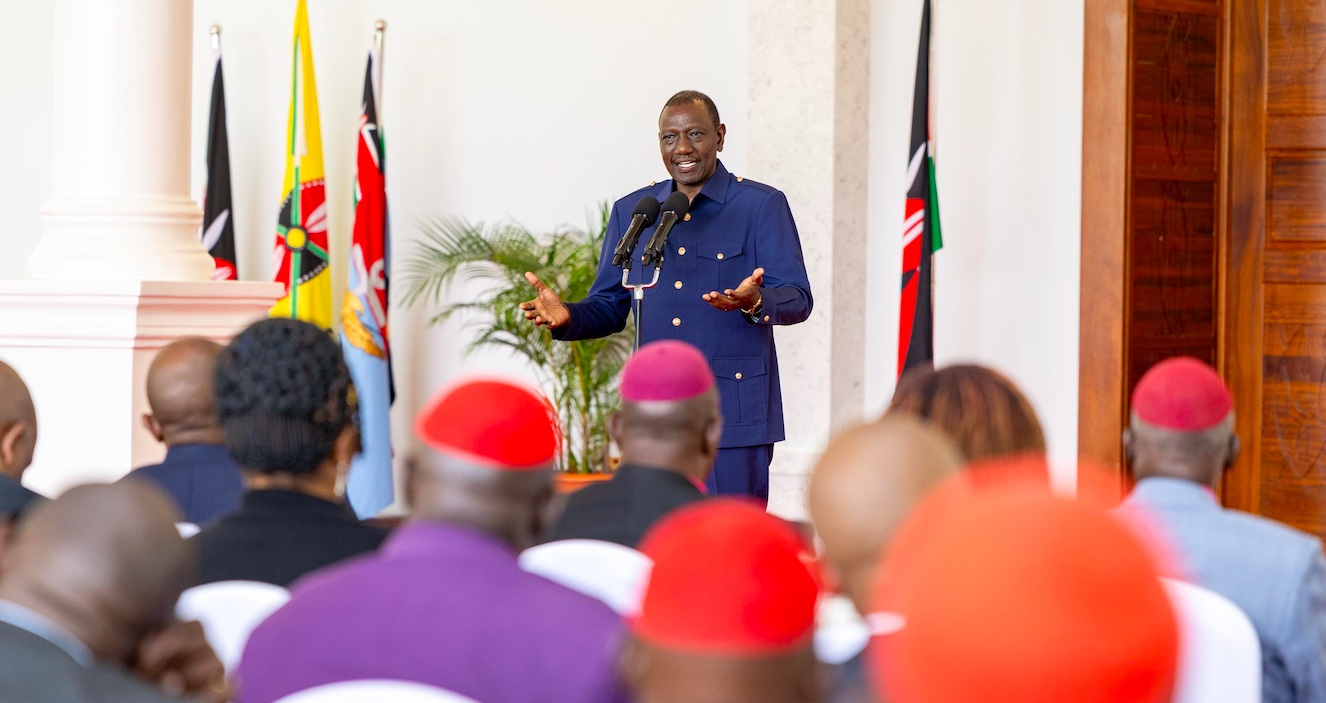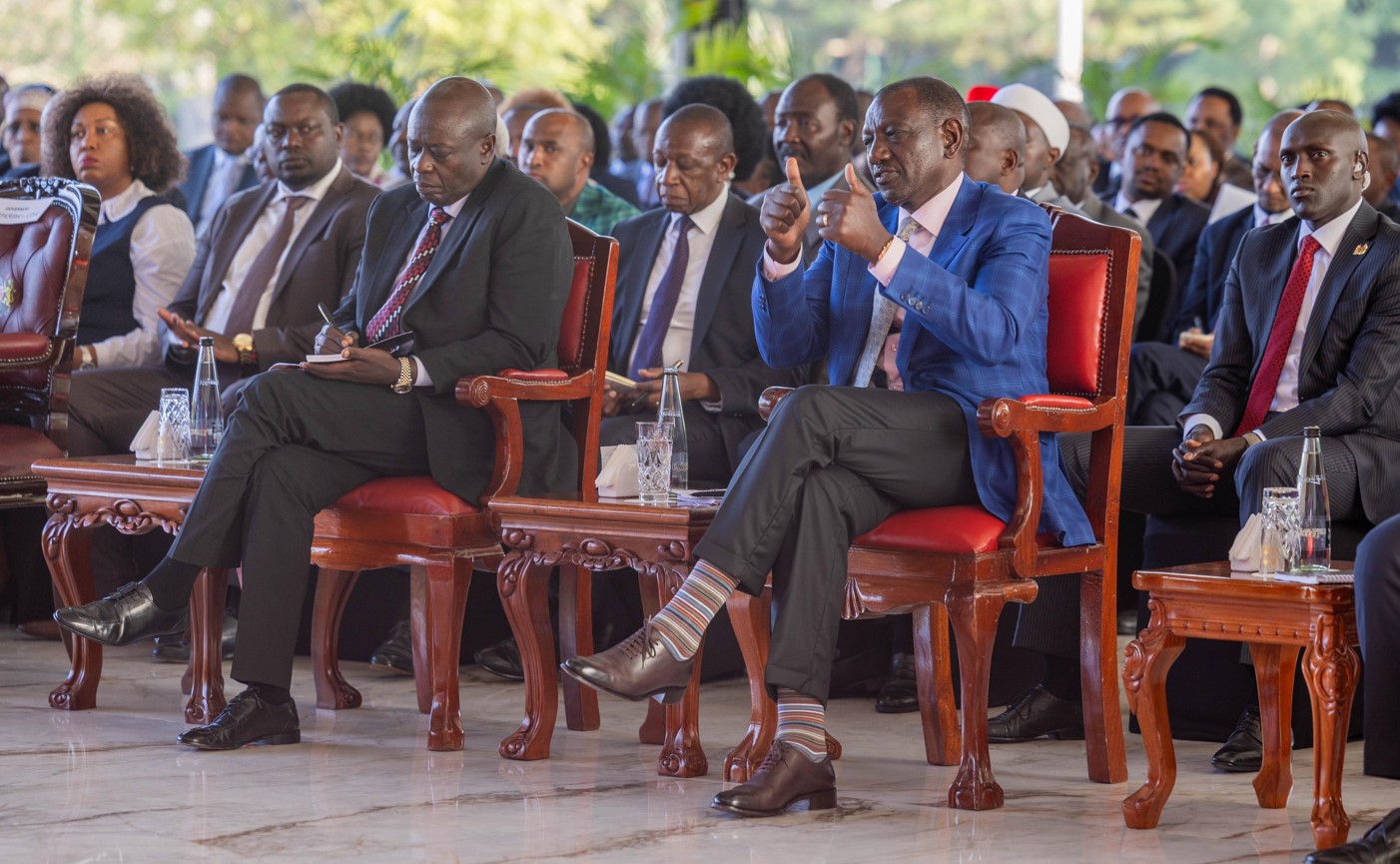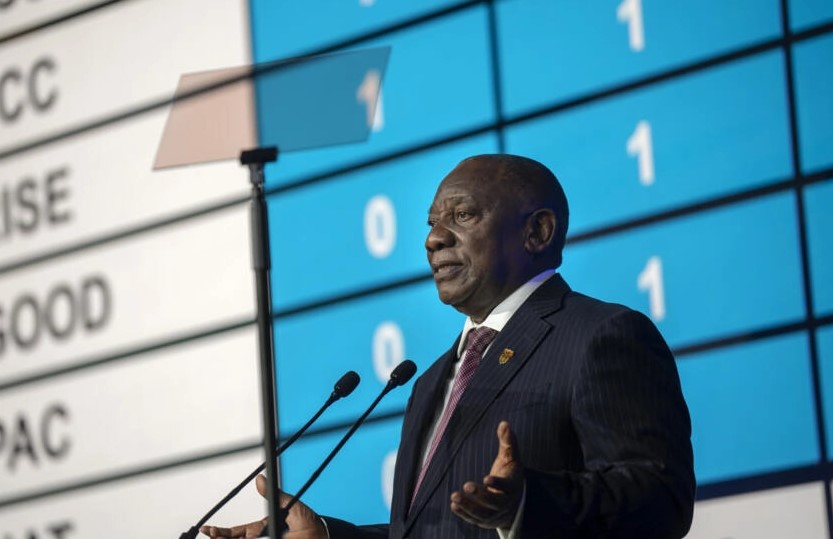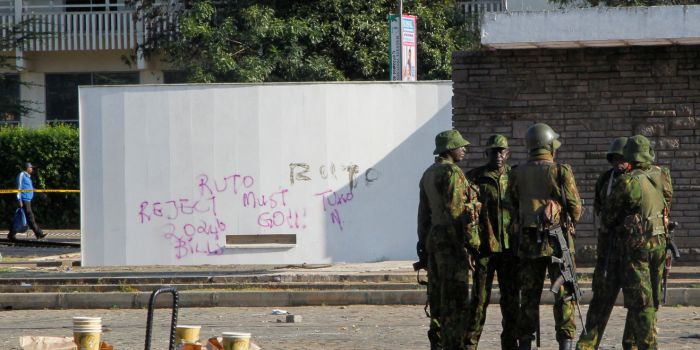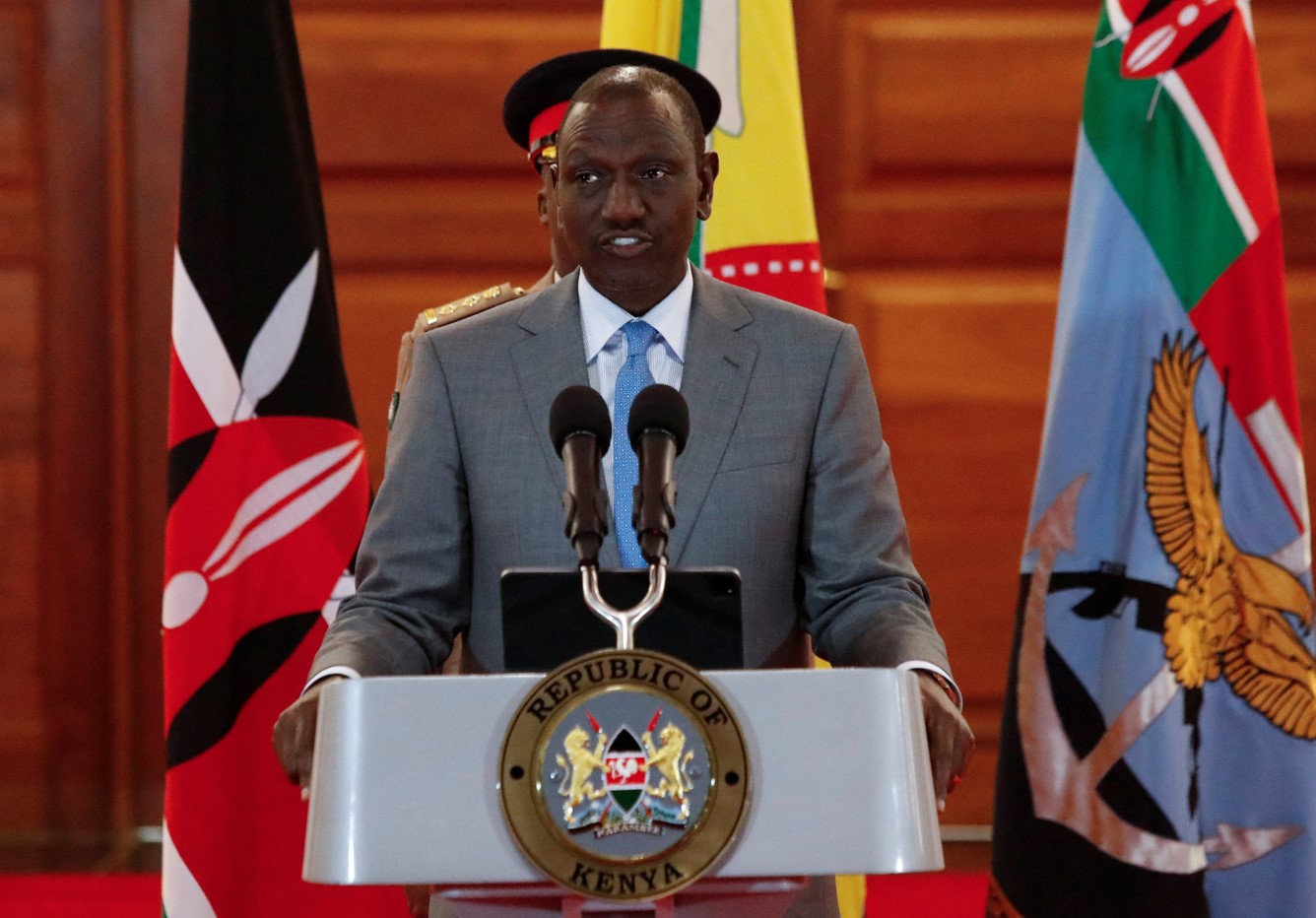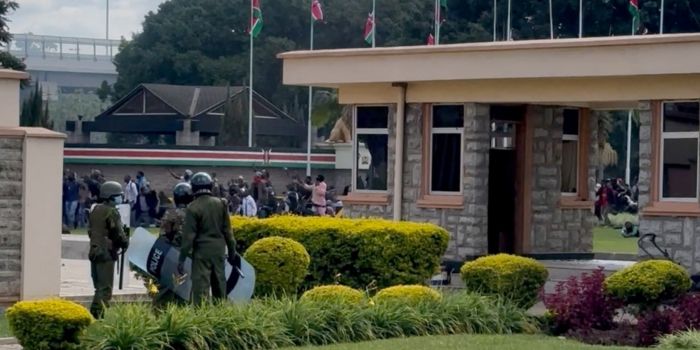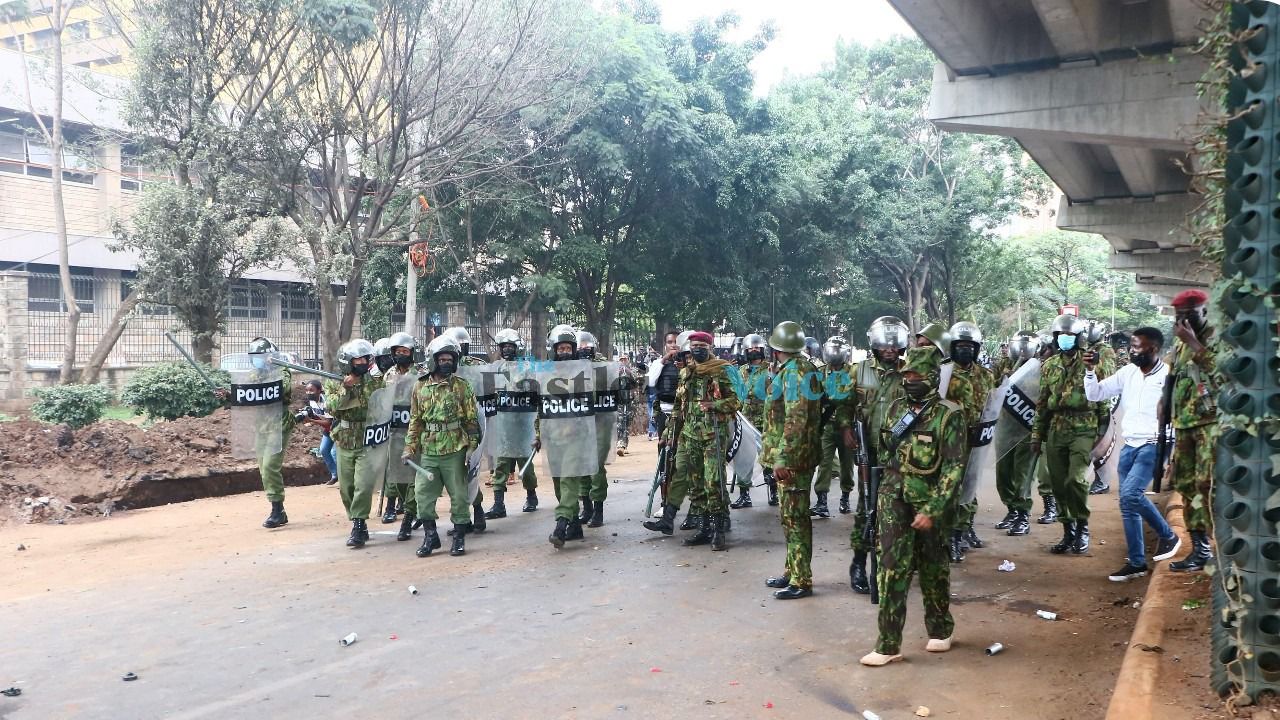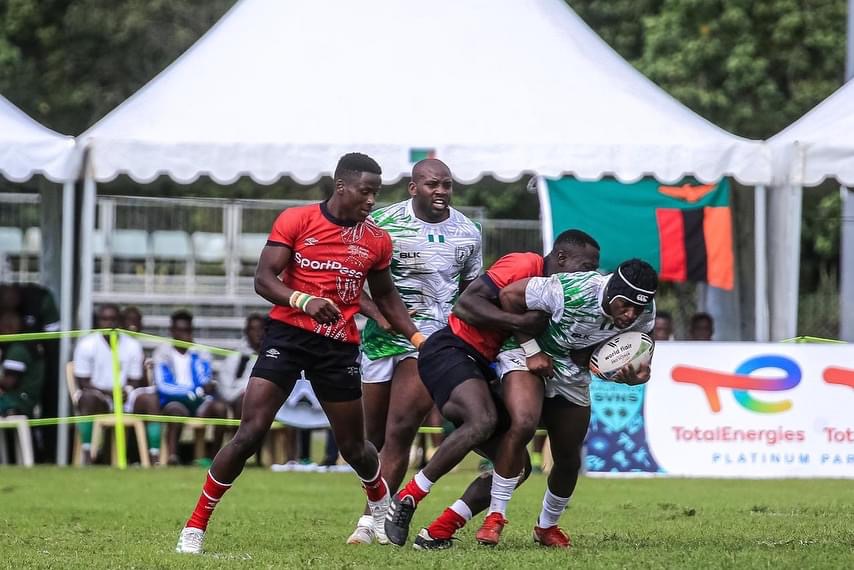Explainer: What happens after the Finance Bill passes its second reading?

By Maureen Kinyanjui |
During the second reading, which began on Wednesday, June 19, 2024, the sponsor moved the bill, which was to be seconded by any member.
The National Assembly on Thursday passed President William Ruto's controversial Finance Bill, 2024 during its Second Reading, despite widespread protests across the country against the taxation measures outlined in the bill.
The vote took place on Thursday evening, following a roll-call vote that was conducted after members disputed the outcome.
Keep reading
- I have no blood on my hands, Ruto says after deadly Finance Bill protests
- Authors discuss global issues, pay tributes to anti-tax protest victims at Nairobi Literature Festival
- UNICEF condemns violence against children in global conflict zones
- Opinion: Police response to protests should not escalate tensions
The bill sailed through with 204 Members of Parliament voting in favour of the bill and 115 opposing it.
What does the Finance Bill process say?
During the First reading, the bill was introduced in the House on May 13, 2024, by way of reading the title which the clerk does.
At this stage, no debate takes place. It is then referred to the relevant Departmental Committee for consideration which in turn facilitated public participation through public hearings, consulting relevant stakeholders and experts.
The National Assembly Finance Committee then facilitated public participation through public hearings, consulting relevant stakeholders and experts, and the process was concluded on June 12, 2024, before the committee retreated to write a report based on the views it received.
The Committee, chaired by Molo MP Kimani Kuria, wrote a report to the House including any particular revisions that were suggested. The whole house committee will then consider these suggestions.
Second reading
During the second reading, which began on Wednesday, June 19, 2024, the sponsor moved the bill, which was to be seconded by any member.
When a bill is not seconded, it is withdrawn.
This is the stage where members will have an opportunity to debate the bill on how the enactment of the law would affect the citizens.
After the debate, the proposer of the bill responds to any issues raised by the members of the house.
Being a money bill, the bill is the sole function of the National Assembly and does not require the concurrence of the Senate like in other bills.
The MPs will then take a vote. If more MPs are in favour of the vote, it moves to the next stage which is the Committee of the Whole House.
Which in this case happened on Thursday, June 20, 2024.
Committee stage
The committee stage comprises the whole membership of the assembly.
At this stage, any proposed amendments to the bill are considered and a vote is taken on each.
If it is approved, it moves to the final stage which is the Third reading.
Third Reading
This is the final stage of the bill.
Here, no amendments are made and a final vote is taken.
If the National Assembly approves the bill, the Speaker presents it to the President for assent.
President's assent
The Speaker presents a bill to the President for assent after it has been passed by the House.
Within 14 days, the President may assent to the bill or refer the bill back to the House with some reservations.




